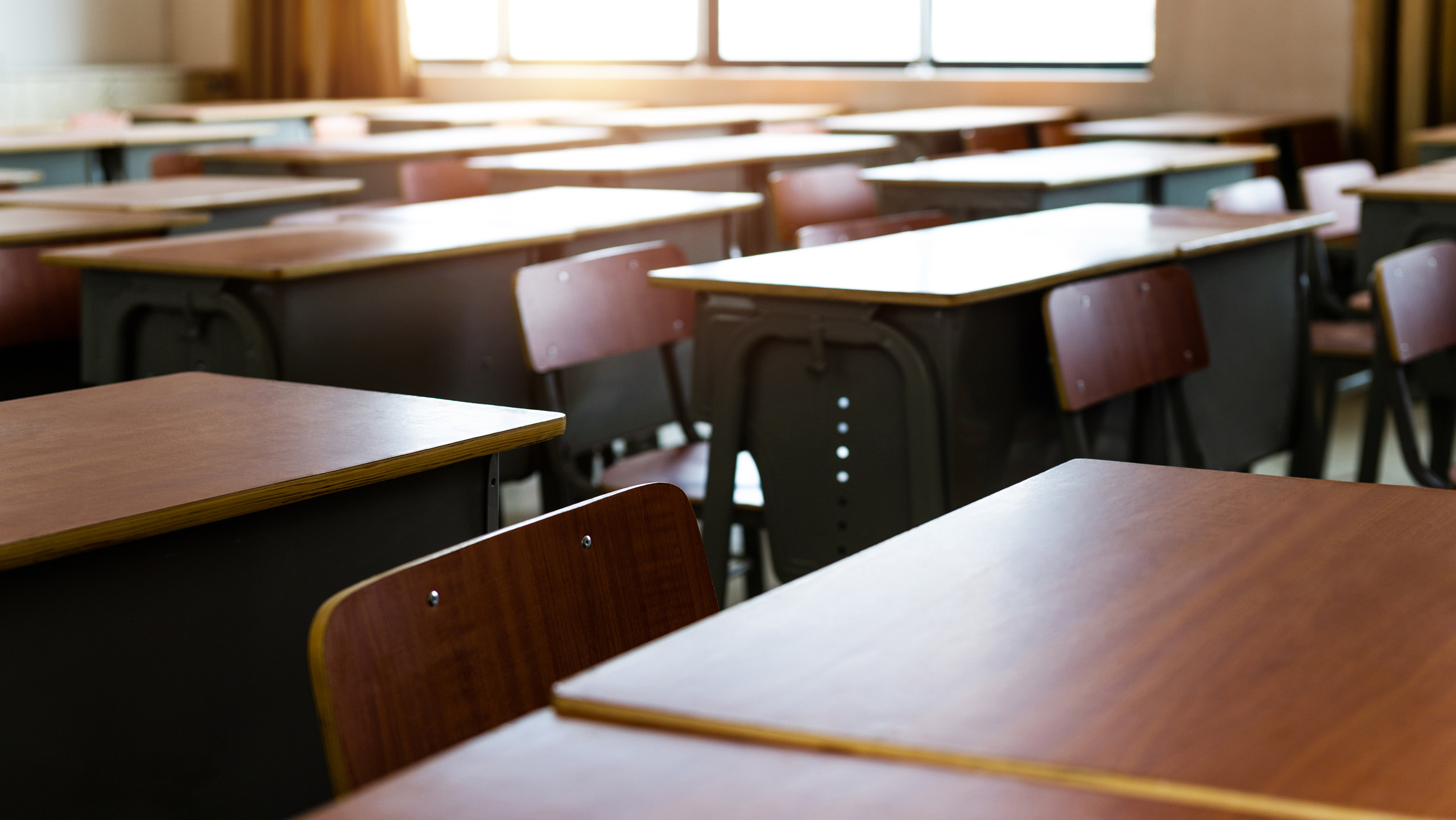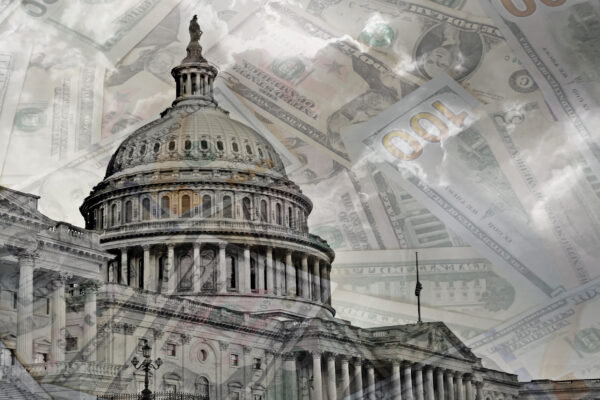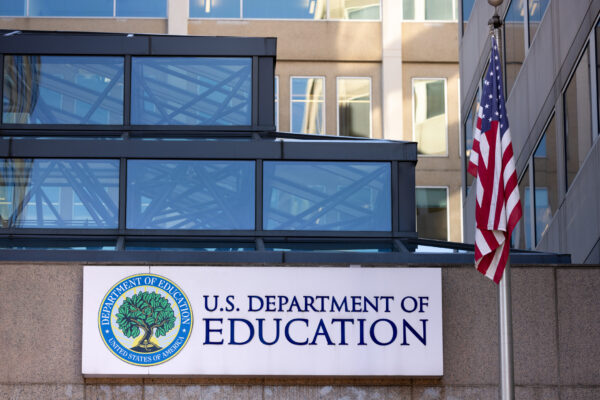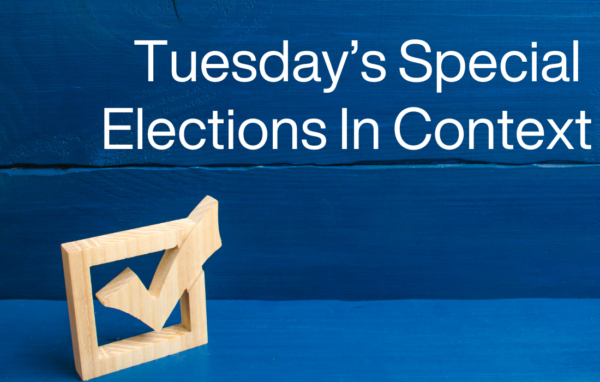Inspired by the headlines about elite colleges bringing back their standardized testing requirements (with Brown joining the list last week) we have been focused on issues related to tests and grade inflation. This week, we look at grade inflation through a slightly different lens, analyzing the extent to which voters connect grade inflation with pandemic-related learning loss. Data from the latest survey for Winning the Issues (February 24-25) suggests that, for many voters, grade inflation and learning loss are linked.
Overall, when voters were asked where they think students currently are in their learning, given the school closures during the pandemic, 57% say they are at least somewhat behind (30% somewhat behind, 27% significantly behind). Another 27% said students are only slightly behind, with about 1 in 10 (11%) saying they are not behind at all.
Though there has been some fall-off in the share of voters saying students are significantly behind, the current number is not far off from where it was in April 2023 when we asked the question last (29% significantly behind, 31% somewhat behind, 22% slightly behind, 9% about where they would normally have been).

Views about the extent to which students are behind are somewhat related to views about grade inflation. Among those who say that students are significantly behind, 72% say that grade inflation is a widespread problem. But even among those who think students are doing just fine, only 16% say grade inflation is not a problem at all (26% widespread problem, 30% an isolated problem).
Only about 1 in 5 voters (19%) say both that grade inflation is a widespread problem and that students are significantly behind because of the pandemic.







